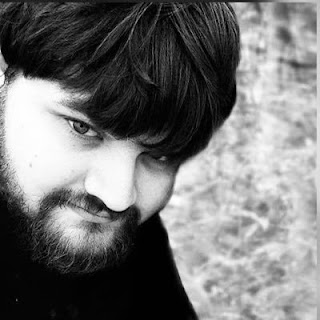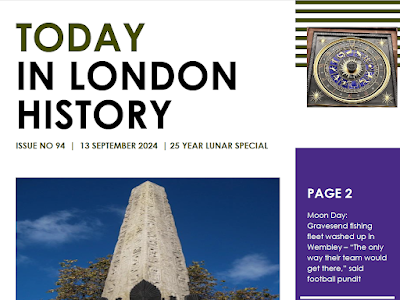“Last one there is a rotten egg!” said Astrid.
On my planet, that was literally true. One moment I was a kid racing my best friend to the swing set, my skinny legs pumping like an awkward machine. The next, after she had beaten me, I was rolling in the dirt, a damp, yucky-smelling egg yolk wearing a cracked shell just because she reached someplace first. I didn’t need the tension, and often I’d re-thought friendships based on whether a playmate would say those seven words. I held onto Astrid, though, as we’d known each other since I was three years old, and it was hard to think of my childhood without her. But we’d be playing house, and you could bet the rock garden she’d interrupt it by daring we run like madwomen to a stupid tree or a stop sign.
Fortunately, I was a rotten egg for only as long as I was the last one, and being kids, neither of us had long attention spans. I reverted to my human form once we jumped into another game, perhaps where we’d been abandoned by our stepmothers and hoped to grow up fast so we could meet a prince. But that was part of the problem. Because of the constant threat of being changed into a rotten egg, I’d stopped giving my dolls the attention they needed, putting them at risk for psychological damage.
I shouldn’t even say risk.
On my planet, it was literally true.
“Astrid, we have to talk about rotten eggs,” I said after reverting to a kid from my latest transformation. I still felt greasy and my nose was dripping.
She sat on a swing, her bare feet digging in the sand. Her cute face and braided brown hair made her look like a doll. Next to her the slide seemed to be laughing at me. The closer ends of the three seesaws pointed upwards, as if saying, Find someplace else to sit.
“What about them?”
Her pretense maddened me. “Why do you keep saying it? Isn’t running faster than me enough satisfaction for you? Why must you drag in body changes and disgusting smells? I want a happy childhood because we know what happens to people who don’t have one. You’re more competitive, but I can put up with that. What I can’t stand is thinking you get some kind of sick pleasure from turning me into a rotten egg. Please, stop saying it!”
“I don’t keep saying it.”
Oh, how I longed to grow up, to associate with mature people who didn’t deny the obvious, who thought of someone besides themselves. I was trying to fix this. If she wasn’t interested, fine, but lying to my face? I could take no more.
“Liar, liar, pants on fire!”
She burst into flame like a match. For a moment I stared, then smothered her legs in the sand as fast as I could. But there would be scars, and I would always hear her screams.
On my planet, memories are forever.
Richard Zwicker is a retired English teacher living in Vermont, USA, with his wife and beagle. His short stories have appeared in Stupefying Stories, Heroic Fantasy Quarterly, Dragon Gems, and other semi-pro markets. Two collections of his stories, Walden Planet and The Reopened Cask, are out now. A third, The Sum of its Parts, is due out soon.
In addition to reading and writing, Richard
likes to play the piano, jog, and fight the good fight against age.
Though he lived in Brazil for eight years, he is still a lousy soccer
player.
Richard first came to our attention with “Stellar Dust and Mirrors,” which appeared in the now out-of-print Stupefying Stories #5, and “Riddle Me,” which first appeared in Stupefying Stories #7. Richard was kind enough to let us reprint “Riddle Me,” so you’ll find it at this link, and you’ll find his most recent contribution to Stupefying Stories magazine, “Possession is Ten-Tenths of the Law,” in Stupefying Stories 26.
Watch for his next story, “Hello, Stranger,” coming soon!









































































